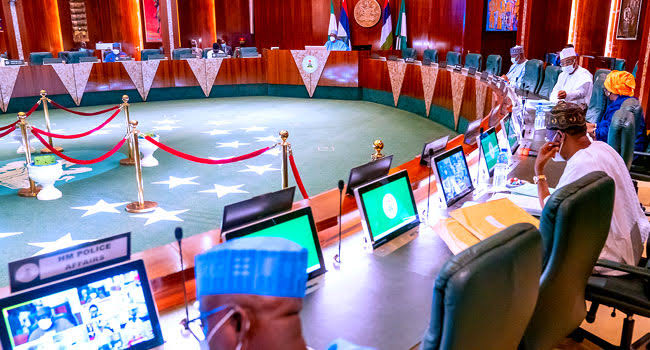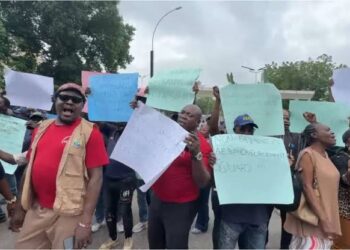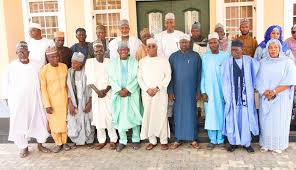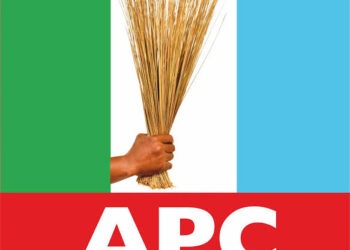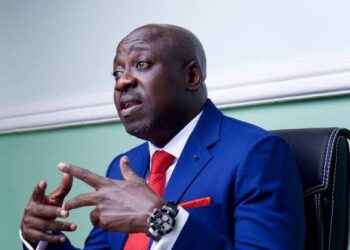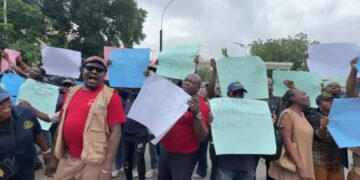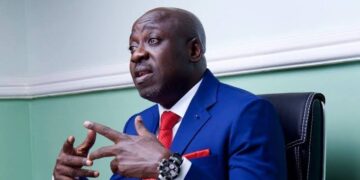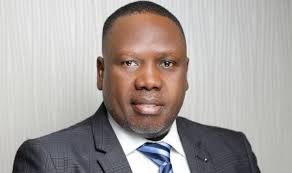Minister of Information and National Orientation, Mohammed Idris, announced that President Bola Tinubu will engage in extensive consultations regarding the new national minimum wage before submitting an executive bill to the National Assembly.
Following the Federal Executive Council (FEC) meeting, Idris informed State House correspondents that the Council discussed the issue and opted to postpone the memo for President Tinubu to engage in consultations with state governors, the organized private sector, and organized labor.
He stressed that the new national minimum wage is a matter that extends beyond just the Federal Government, impacting state governments, local governments, and the private sector as well.
The minister assured that President Tinubu will adopt an informed stance after thorough consultations, recognizing that the new national minimum wage is a nationwide concern necessitating input from all stakeholders.
This decision arises amidst ongoing negotiations between the government and labor unions regarding a revised minimum wage.
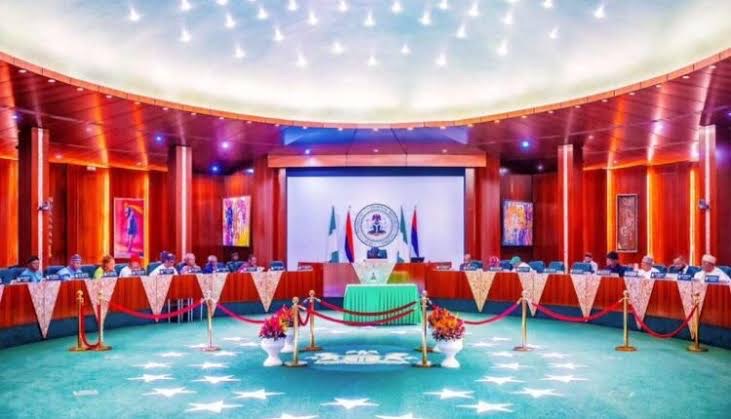
In the aftermath of the tripartite committee meeting on the national minimum wage, a clear divide emerged between the government team, and the organized private sector over the proposed new wage. While the former group put forward an increase of N32,000, from the current N30,000 minimum wage, the Nigerian Labour Congress (NLC), and Trade Union Congress (TUC) maintained their position that the new minimum wage should be N250,000.
The government however cautioned that such a substantial amount could result in widespread job losses and adversely affect the economy.
The Minister urged labor to consider the broader economic consequences and the well-being of over 200 million Nigerians.
He highlighted the government’s endeavors to mitigate the cost of living through initiatives such as the Presidential Compressed Natural Gas program.
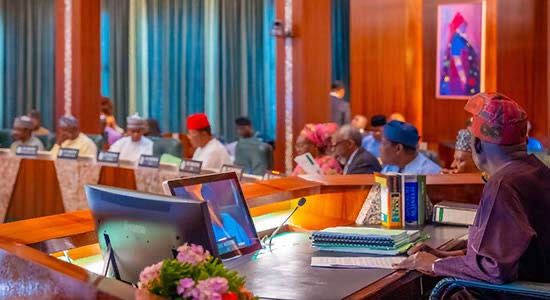
The President’s decision to consult with pertinent stakeholders follows a statement by the president of the NLC, Joe Ajaero, indicating that organized labor anticipated Tinubu to engage with the tripartite committee members to reconcile the figures.
Ajaero based his stance on the impasse reached at the conclusion of the tripartite committee meeting.
However, Idris clarified, “I wish to inform Nigerians that the Federal Executive Council deliberated on the report of the Tripartite Committee on the New National Minimum Wage, and the resolution is that the new national minimum wage transcends the Federal Government; it is a matter that involves the Federal Government, state governments, local governments, the organized private sector, and organized labor. “That memorandum was postponed to allow Mr. President to conduct further consultations, particularly with state governors and the organized private sector, before presenting it to the National Assembly through an executive bill.
“Therefore, I can affirm that regarding the new national minimum wage, Mr. President will engage in further consultations to ensure an informed position because, as I mentioned earlier, the new national minimum wage is not solely a concern of the Federal Government.
“It impacts state governments, local governments, and the organized private sector, hence its designation as a national minimum wage. It is not exclusive to the Federal Government alone.
“Consequently, Mr. President has reviewed the report and will engage in broader consultations before making a final submission to the National Assembly.”


